The Rise of LiFePO4 Batteries: Safety, Stability, and Sustainability
Let’s face it—when it comes to batteries, we want something safe, reliable, and long-lasting. This is where LiFePO4 batteries (a.k.a. LFP batteries) shine. Unlike traditional lithium-ion batteries that can get a little, well, hot-headed (we’re looking at you, lithium cobalt), LiFePO4 is stable even under intense conditions. You can poke, puncture, or crank up the heat on these batteries, and they’ll keep their cool, making them ideal for safety-conscious applications.
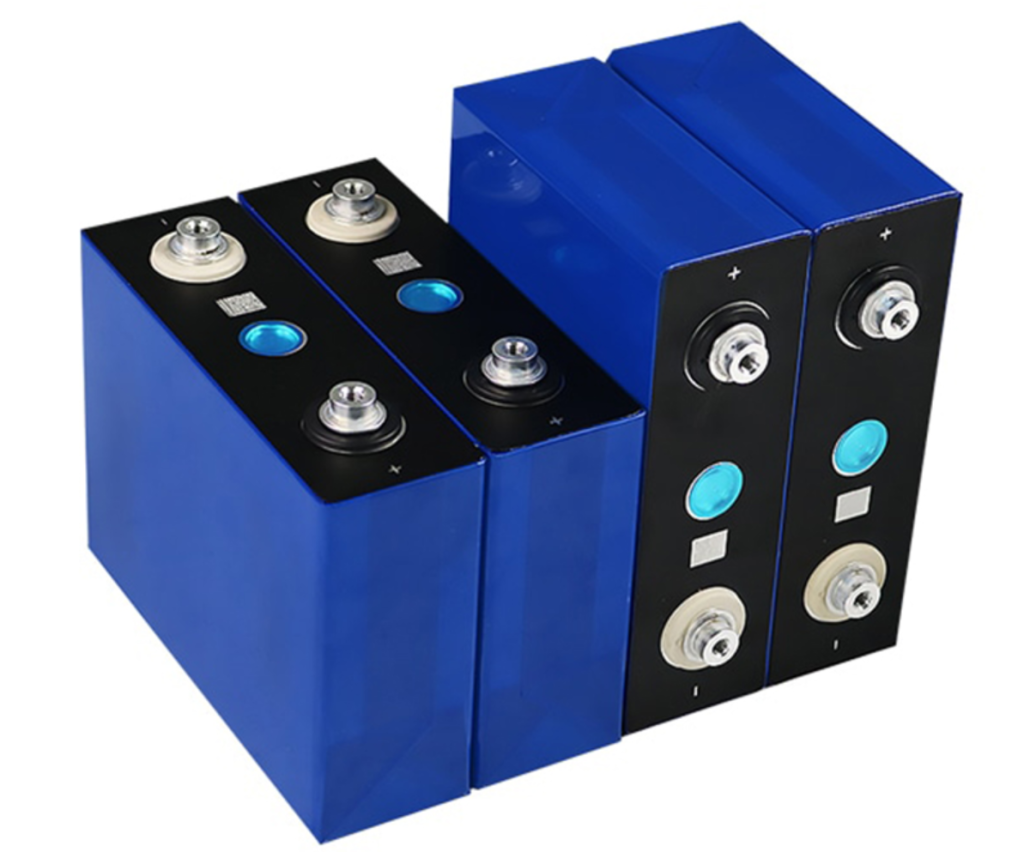
Long-Lasting Power: LiFePO4 Battery Cycle Life
If you hate replacing batteries as much as we do, you’ll appreciate the longevity of LiFePO4 cells. We’re talking up to 10,000 charge cycles here, folks! Traditional lithium-ion batteries max out around 2,300 cycles, but these LFP batteries can stick around for the long haul, giving you years of dependable power. This makes them perfect for applications where durability is essential—think electric vehicles (EVs), solar storage, and even boats.
And speaking of boats, the EVE MB30 306Ah LiFePO4 batteries recently headed to a customer in Fiji are a perfect example. These cells offer hefty power at 306Ah and promise a long life, which is a win-win for those remote island applications where energy storage must be rock solid.
A Green Solution with Less Environmental Impact
One of the unsung heroes of the renewable energy world is the environmentally friendly LFP battery. Unlike other lithium-ion options, LiFePO4 batteries don’t use cobalt—an element with both ethical and environmental downsides. Plus, they’re composed of more abundant, less toxic materials. For those prioritizing sustainability, LiFePO4 is an obvious choice that aligns with the clean energy movement. No wonder they’re growing in popularity for everything from EVs to solar energy storage.
LiFePO4 Power: Not Just for Cars and Boats
These batteries may have been initially popular in electric vehicles, but their versatility has brought them into many areas. The EVE MB30, with its compatibility in renewable energy storage, RVs, uninterruptible power supplies (UPS), and more, is evidence of this versatility. With energy density now reaching up to 205 Wh/kg, LiFePO4 batteries are closing the gap with other lithium-ion options, giving you more juice without taking up too much room.
Shipping Details for the Eco-Conscious Seafarer
Wondering about logistics? Well, that recent shipment of EVE MB30s to Fiji is a great case study in getting batteries to remote areas. After payment, the company double-lug welded the battery cells (for extra durability), packaged them securely, and shipped via sea freight—meaning you can track your batteries as they sail towards your destination. It takes about 45 days to reach the tropical shores of Fiji, a manageable wait for such a powerful setup.
Why LiFePO4 Batteries Are the Future of Sustainable Power
To sum it up, LiFePO4 batteries check all the boxes: safety, long life, environmental friendliness, and versatility. From powering EVs and boats to offering renewable energy storage, these batteries have become a cornerstone of sustainable energy solutions. And with innovations like the EVE MB30 leading the charge, we’re looking at a bright, battery-powered future that’s safer, greener, and built to last.

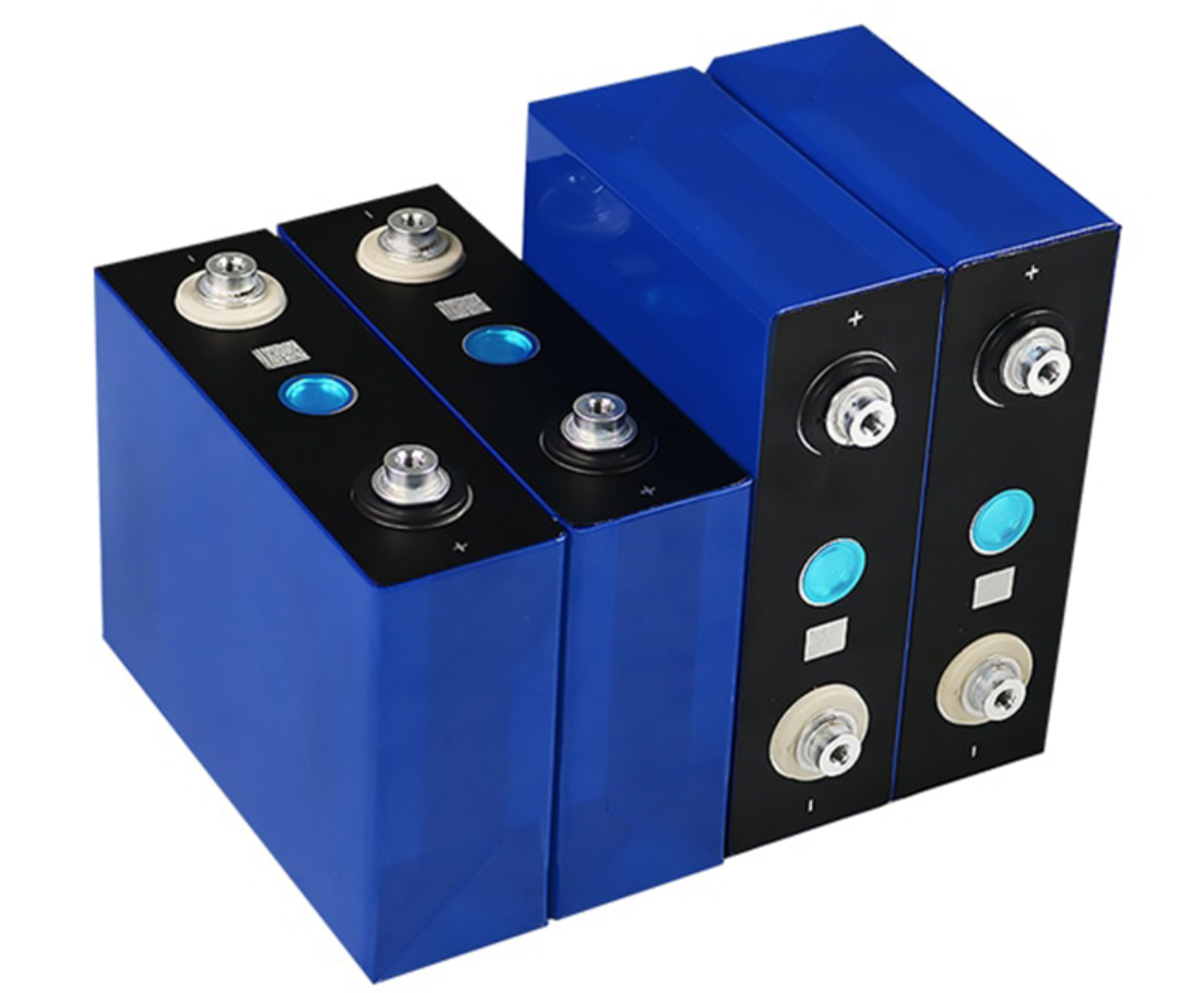
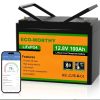
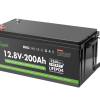
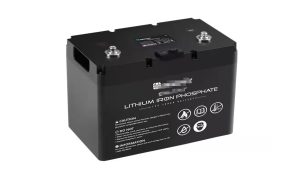
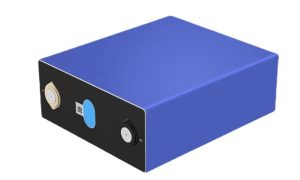
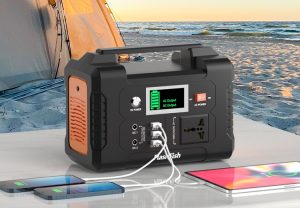
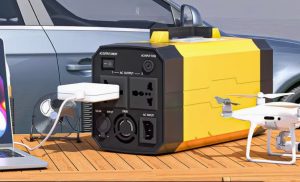
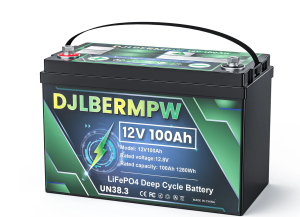
Add comment